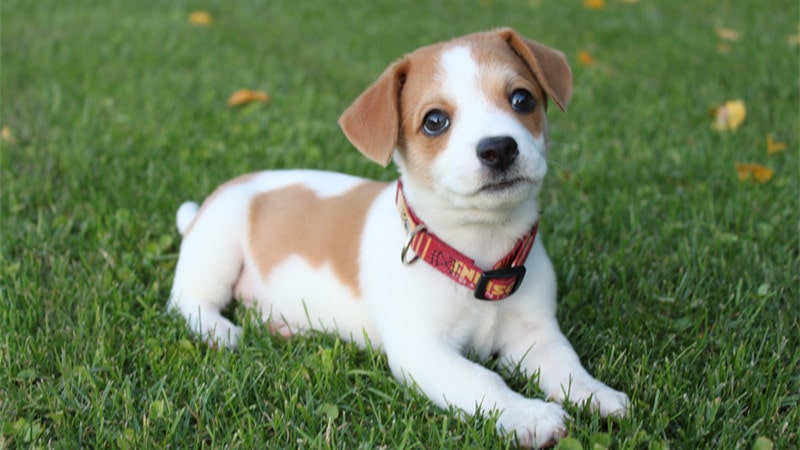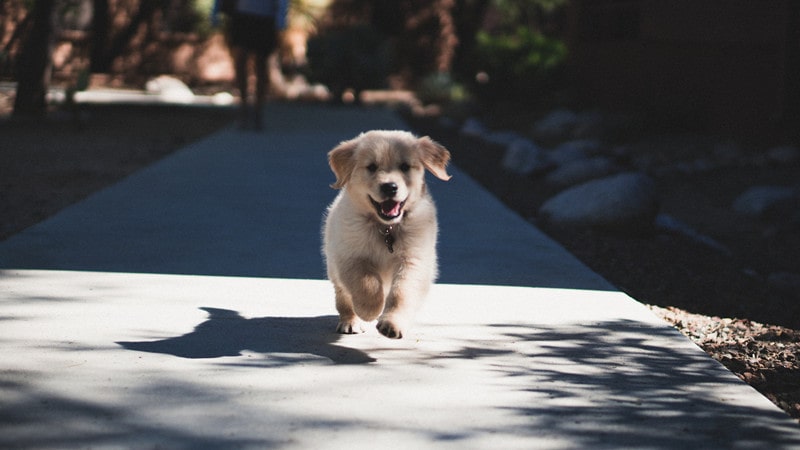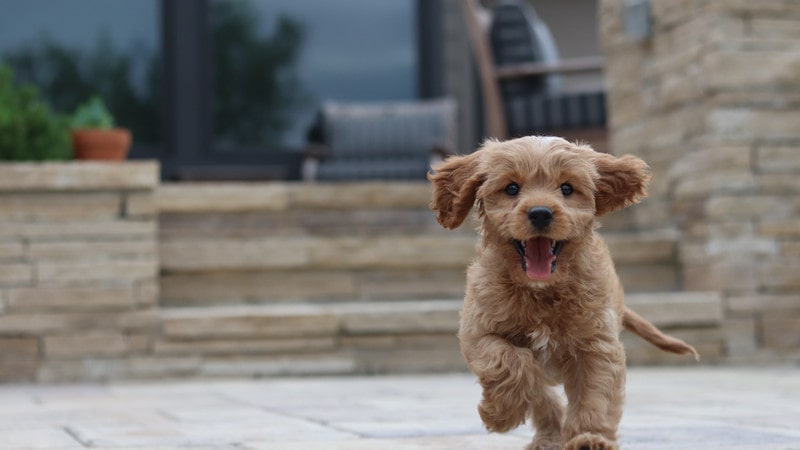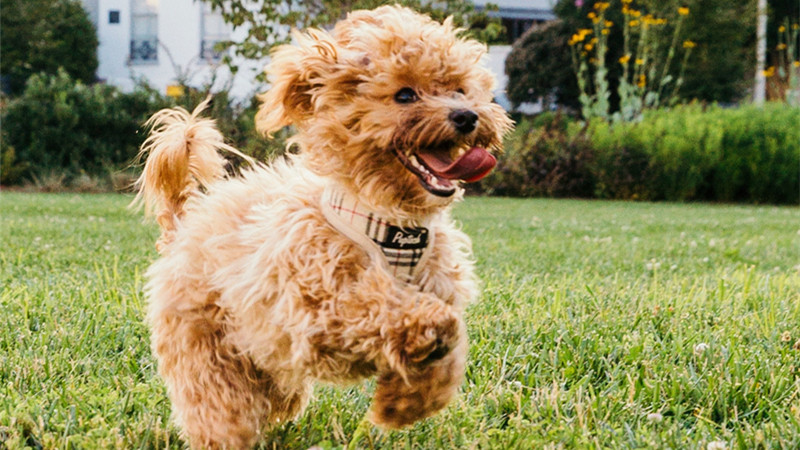
Puppies are highly sensitive and frail creatures who demand oodles of attention during their first few months of life. You may start to notice some off-behaviors every now and then, especially if they’re still getting adjusted to their new surroundings.
One common behavior that has concerned dog owners worldwide is fast breathing in puppies. If you’ve noticed your puppy breathing fast, here are some things you should be aware of.
What Is Considered Fast Breathing?

It’s tricky to say what constitutes a puppy breathing fast. By human standards, all dogs breathe rapidly. A normal adult takes anywhere between 12 to 16 breaths per minute. Dogs, on the other hand, take from 10 to 30 breaths per minute. And in puppies, it goes up to 40 breaths per minute.
It’s fair to say, dogs breathe fast when you compare them to humans but that’s natural for them. However, anywhere north of 40 breaths per minute is a good reason to be concerned when it comes to puppies.
Why Is My Puppy Breathing Fast?

The most obvious reason for a puppy breathing fast is after it’s been running around, jumping and skipping for an hour, and is just catching its breath. Their bodies are small, so sometimes it’s hard to notice. But if you get up close after their playtime, you’ll see that your puppy is panting.
If breathing fast ever starts out of nowhere, it’s nothing to be alarmed about. However, you should examine them closely to find out what’s going on. It’s also wise to know certain scenarios that may be causing this change in breathing pace and distinguish which ones require immediate attention.
Is It Normal? When Should I Be Concerned?

By now you’re probably wondering, is breathing fast a normal thing for puppies? And when you should be worried. The good news is that puppies breathe rapidly all the time, especially when they’re active and sometimes even in their sleep. They’re young and growing very quickly, so they require more food and tend to breathe harder.
When your puppy is playing or is excited, it’s normal for them to start breathing faster. They may also be breathing fast because of nervousness, either from being in strange and new surroundings or from being handled by a stranger.
These patterns mimic human behavioral tendencies under high pressure or high energy situations and accentuate the connection humans and dogs share as mammals. When you should be concerned is when their breathing exceeds 40 breaths per minute, as mentioned earlier.
Puppies, Breathing, and Stress

You’ve brought home a new puppy to shower it with affection, nurture it, share your joys, and treat it as a member of the family. But puppies do not understand this. They have no concept of adoption, so you have to think about it from their perception.
Why A Puppy Might Be Experiencing Stress
To a puppy, you’ve just separated it from its mother, uprooted it from the environment it was used to, and brought it to a bizarre new place. Plus, you’re not a dog.
All of these rapid and drastic changes can take their toll on a puppy’s mind, even though they’re the most sociable animals in the world to humans. Puppies can get frightened by all this and start panting.
Fortunately, from a medical standpoint, this situation is no cause for alarm. But you need to be very gentle and careful with them during this phase. Once they start getting used to you and see you as their parent, they’ll start getting nervous and pant whenever you leave them alone.
Dogs are very sensitive and a force of companionship; they just have a hard time dealing with separation from their caregiver.
What Should I Do?

In the event you notice your puppy breathing faster than 40 breaths a minute, here are some additional signs you need to check for:
#1. Is your puppy more tired than normal?
#2. Is your puppy sniffling, developing nasal discharge, or coughing?
#3. Is your puppy not eating well?
#4. Is your puppy prying its mouth as far open as possible to catch breaths?
#5. Are your puppy’s gums getting blue?
If your puppy is exhibiting any of these behaviors, you should take it to the veterinarian as soon as possible for a professional diagnosis. It may be a case of one of the following:
#1. Upper Respiratory Infection
#2. Pneumonia
#3. Parasites
#4. Anemia
#5. Narrow Trachea
#5. Congenital Heart Conditions
#6. Exposure to Toxins
#7. Pulmonary Edema
#8. Objects stuck in their throats.
FAQ: Do Puppies Breathe Fast When They sleep?
Yes, sometimes puppies breathe fast even when they’re asleep. This is also common for dogs. It’s nothing to be concerned about. Usually, this happens as a response to dreams they might be having, and yes, they dream too.
Dogs also experience emotions like joy, excitement, or fear in their dreams. And like humans, their bodies sometimes also play these out by sleep barking, moving about, or rapid breathing.
A Few Parting Words
A puppy breathing fast is normal, just look out for if it is breathing anywhere above 40 breaths per minute. Especially, if your puppy hasn’t just exercised or isn’t visibly nervous.








